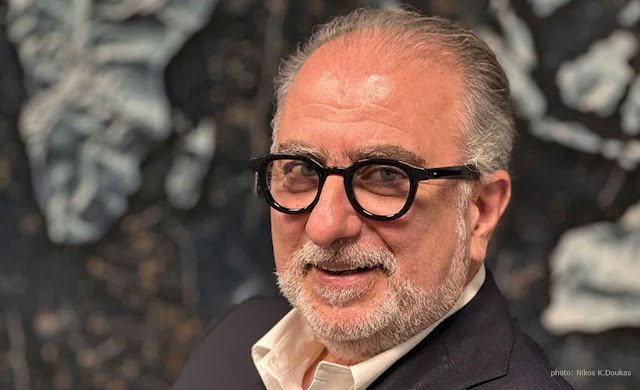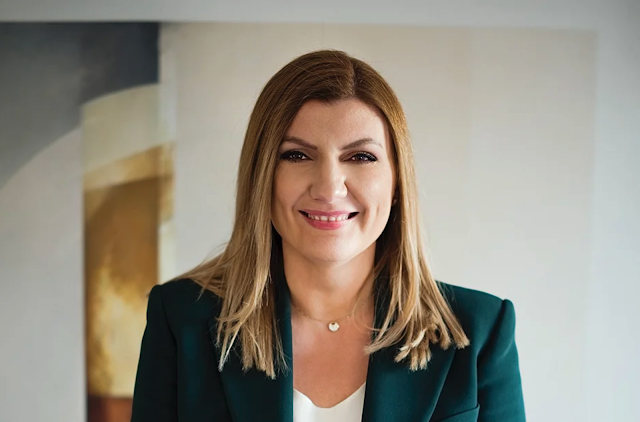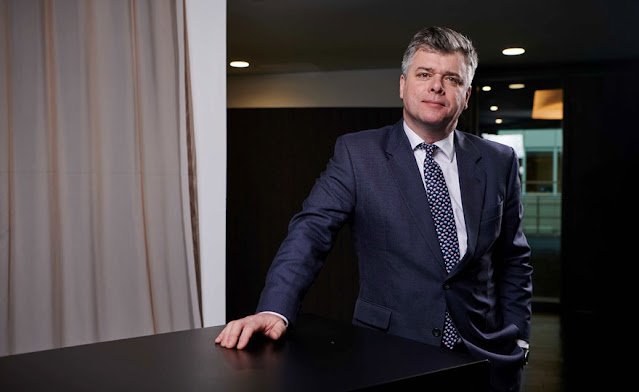| Dr. George D. Pateras, President of the Hellenic Chamber of Shipping |
Adaptability and perceptiveness are fundamental principles in the Greek shipping industry. Coping with unusual, even exceptional circumstances, is part of the daily routine for the shipping companies. The issues mentioned in the question above, concern the shipping industry in its entity. It is to be expected that some operators may not be sufficiently resilient, or even capable of facing these challenges but, as always, newcomers will fill the gaps. This is normal and healthy for our industry. As the earth will continue to rotate, shipping will keep the world trade moving for the benefit of the humanity.
I believe that we are now in a precipice between ignorance, awkwardness and hesitation. Several experimental projects are under way with various fuels and technologies while intermediate solutions are being applied. Today 8% of the world fleet is fitted with scrubbers while 11% of the order book is for scrubber fitted ships. At present LNG capable vessels are about 1,3% of the existing fleet and 23,4% of the order book. LNG is a transitional solution but is here now and with a known technology. However, Hydrogen, Ammonia, Methanol, batteries, molten salt nuclear reactors are attracting increased interest some of which is adaptable for specific ship types. We all wish and aspire to combat the climate crisis but expecting shipping, the car industry, animal produced greenhouse gasses or the factories alone to take the responsibility, is unrealistic. There are 400 parts per million of CO2 in the atmosphere; of which only 11% is manmade. At the end of the day will all these efforts produce the desired effect.
This is an universal task and depends entirely on the habits and daily practises of each one of us: if the same diligence we exercise in handling our personal finances, is conveyed to the energy we use, consumer goods, garbage we produce, food, travel etc, then we may reverse the climatic change. Extraordinary phenomena such as excessive temperature fluctuations, floods, forest fires and other are caused by the nature’s struggle to fight back. Why has the ocean temperatures risen so sharply the last 2 years? Could this be the cause of the extreme weather we are recently experiencing? Have we deprived the atmosphere of the reflective effect of aerosolized sulphur oxide in the air since we removed sulphur from fuel. Is this causing the ocean temperatures to rise so sharply, this must be investigated further.
Digitalisation and the inevitable advent of AI in shipping requires a very careful approach. When human lives, properties and the environment are involved, we should not risk adopting frivolously innovative and untested methods and systems, there will be consequences.
Indeed, the shortage of officers and ratings in shipping is a worldwide phenomenon. We endeavour to make the maritime professions more appealing to the young generation and keep education and training up to date. Despite the growth of the world’s shipping fleets and activities, it is noteworthy that marine casualties and accidents are on the decline over the past several years, this is in part also due to the substantial contribution of better trained seafarers.
The shipping community, in its entity, has serious concerns about some peripheral and untested measures adopted to combat the climatic crisis which were taken in haste. We fear that bureaucratic, impractical, and costly procedures, will not in reality contribute to the common task. Time will only show.
As said above adaptability is a fundamental principle in shipping. Indeed, from time to time we have to face severe and irregular circumstances. In spite of problems in port and land transport, infrastructure, hindrances in crew changes, supply of provisions and spares, docking and repairs, shipping performed exceptionally well during the COVID pandemic. It effectively fulfilled the duty, as the transport provider for humanity, especially to the remotest parts of the world. This is still happening now despite the effects of the Russian invasion to Ukraine and the Gaza conflict. It is never possible to predict when and where conflicts will arise or for how long. The effects of economic boycotts and sanctions occasionally have the negative effect.
The Hellenic Chamber of Shipping is closely monitoring the situation on a daily basis and as the institutional advisor to the Hellenic State, intervenes, proposes and initiates actions for the benefit of shipping both in national and international waters. One of our goals is to ensure the free, safe and efficient flow of goods and passengers worldwide. We are presently focused on setting the path for the replacement of the Hellenic coastal fleet with eco-friendly ships. This project is progressing parallel to the progress of technology, availability of safe compliant fuels, appropriate engine designs and ecological financing.
A further major goal of the Hellenic Chamber of Shipping is to inform and encourage the young generation to follow careers at sea and to upgrade seamen’s education.



